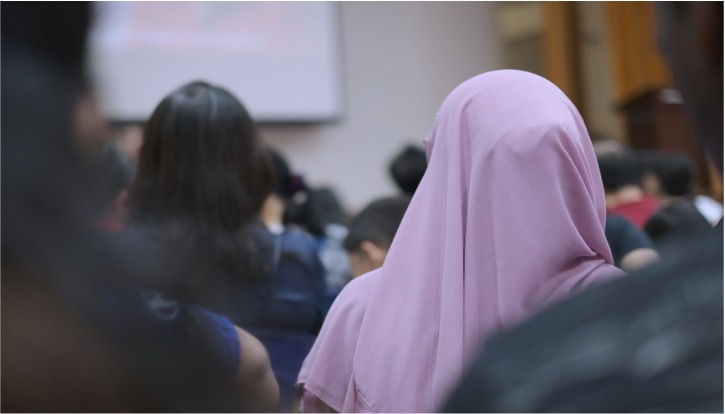
A Muslim woman has been awarded 2000 euros in non-material damages by the Viennese regional court after being discriminated against during her application for a training position as a childcare worker. The woman, who wore a headscarf, was forced to take it off during the interview, which resulted in her not being offered the position.
The court found that the woman had been discriminated against on the grounds of her gender and religion, and ruled that repeated and intrusive questions about her headscarf had no place in the application process. The headscarf ban for girls in kindergarten was deemed irrelevant as it was only an apprenticeship and not about the position itself.
While this decision is consistent with previous case law that an applicant should not be rejected due to their religion or headgear, Muslim women continue to face discrimination in the workplace. The European Court of Justice (ECJ) ruled last year that religions should be treated equally, but employers still overrule this ruling.
Franz Marhold, a Professor of Labor Law at the WU, has said that it is legally tricky territory to decide what counts as a minor religious sign, as a headscarf could be seen as one. The ECJ also ruled that it is possible to move employees to the back office, where they are not visible to customers.
In another case, a notary’s employee who had converted to Islam was compensated because she was not used as visibly as other employees due to her Islamic headscarf and coat-like outer garment, and the notary made disparaging remarks about her clothing. The Supreme Court found religious discrimination in this case. However, the Supreme Court did not have a problem with the notary firing the woman when she wanted to wear a face veil (niqab) because it affects communication with clients too much.
In a similar case, a lawyer who completed her “judicial year” after her studies fought for the right to wear a headscarf. She was not allowed to be visible as a representative of the state and, therefore, not sit on the judge’s bench. The woman fought the instruction, and the Administrative Court dismissed her in 2019. However, her time as a legal intern was already over when her case was heard, making the instruction irrelevant.
These cases highlight the ongoing discrimination faced by Muslim women in the workplace, and the legal challenges that come with deciding what constitutes a minor religious sign. The Viennese court’s decision serves as a reminder that discriminatory practices have no place in the application process.
The Austrian government has implemented policies that limit the wearing of headscarves in public places. In 2019, the government passed a law that banned the wearing of headscarves in primary schools for girls up to the age of 10. The government cited reasons such as promoting integration and preventing the sexualization of young girls. However, many Muslim women see these policies as discriminatory and as an attack on their religious freedom.
The recent court decision to award non-material damages to the Muslim woman who was discriminated against during her job application is a step towards recognizing the rights of Muslim women in Austria. However, there is still a long way to go to ensure that Muslim women are not discriminated against in the workplace and in education.
